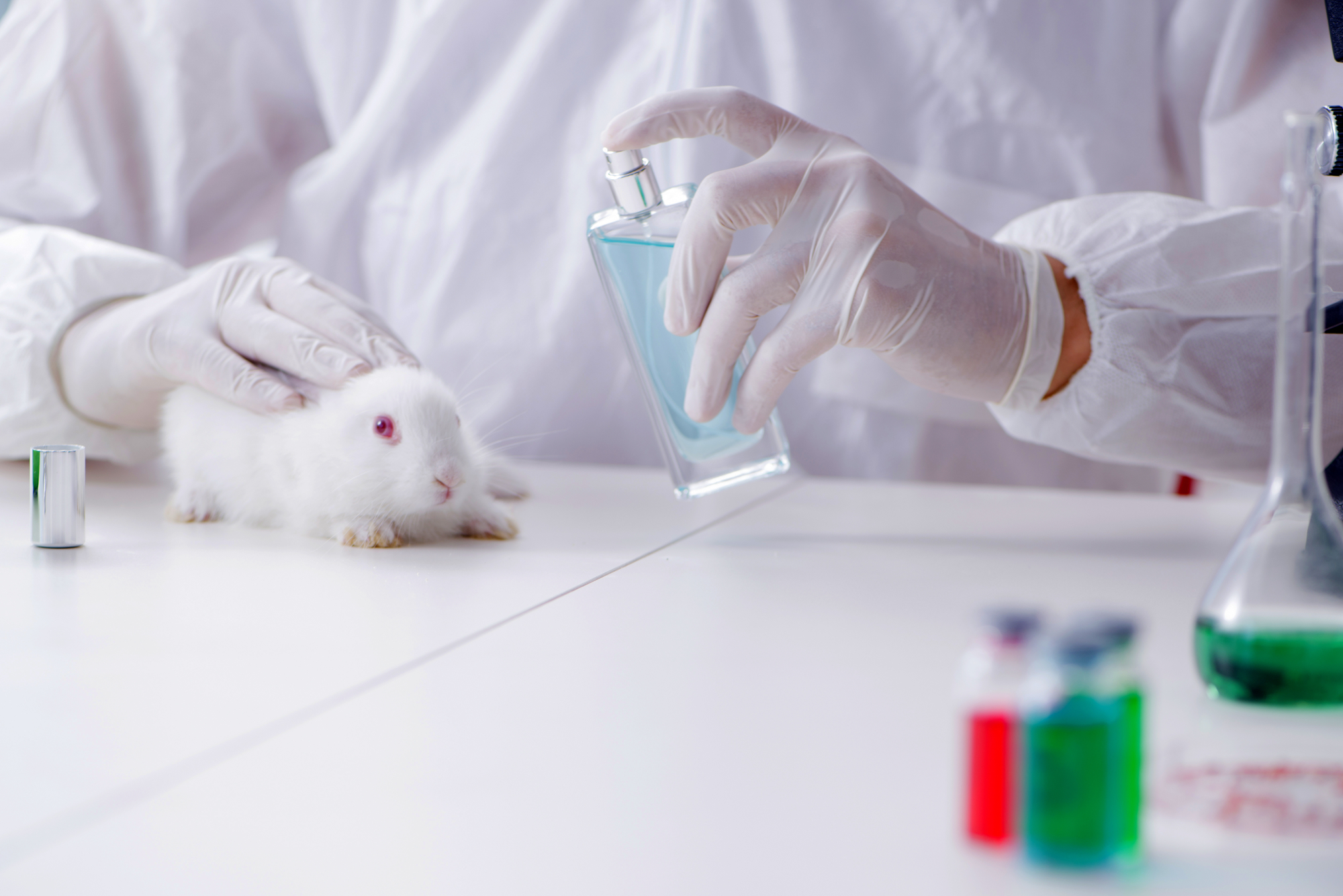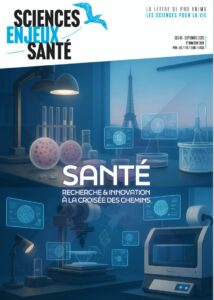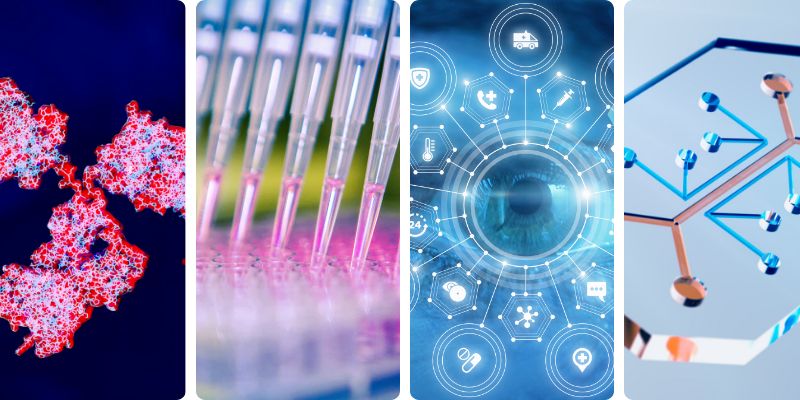
ECI Save Cruelty-free Cosmetics : Review of the European Commission’s response
25 July 2023
European Commission Backs Phase-Out of Animal Use in Experiments and Chemicals Tests but Ignores Citizens’ Wishes on Cosmetics
Brussels – The European Commission today kick-started a plan to phase out animal testing for chemicals across Europe but will not protect the EU ban on animal testing for cosmetics in response to the “Save Cruelty Free Cosmetics – Commit to a Europe Without Animal Testing” European citizens’ initiative (ECI) signed by 1.2 million European citizens.
While campaigners welcome the plan to ultimately eliminate animal testing for chemicals and the longer-term proposals to reduce and phase out the use of animals in research and education, outrageously, the Commission ignored citizens’ calls to uphold the ban on animal testing for cosmetics, a ban established by legislators over a decade ago.
Despite the introduction of an EU ban on animal testing for cosmetics ingredients in 2009, animal tests for chemicals handled by industrial workers or which may be released into the environment are still being required under the EU’s REACH (Registration, Evaluation, Authorisation and Restriction of Chemicals) regulation. Disturbingly, proposed updates to REACH indicate that animal testing for chemicals is set to surge over the coming years. Rather than waiting for the EU courts to resolve this issue in an ongoing case, citizens’ demands must be immediately addressed to prevent further animal suffering.
In the EU and Norway, a shocking 7.9 million animals suffered in laboratories in 2020 – among them rabbits, mice, cats, and dogs. Substances are forcibly administered down their throats, and they are infected with debilitating diseases, genetically manipulated, given brain damage through surgery, exposed to severe pain, and used in breeding programmes that perpetuate this cycle of suffering. Although the Commission is exploring actions to accelerate the development and use of non-animal methods, they do not constitute the root-and-branch reform demanded by EU citizens via the ECI.
The ECI was launched in August 2021 by animal protection groups Cruelty Free Europe, Eurogroup for Animals, the European Coalition to End Animal Experiments, Humane Society International/Europe, and People for the Ethical Treatment of Animals, with the backing of beauty brands The Body Shop and Dove. The ECI called for the strengthening and protection of the ban on animal testing for cosmetics, the transformation of chemicals regulations to bring an end to testing on animals, and a commitment to phasing out all testing on animals in Europe.
Positive commitments made by the Commission in response to the ECI include the following :
- To develop a roadmap to end all mandated tests on animals for industrial chemicals, pesticides, biocides, and human and veterinary medicines
- To explore the creation of an expert scientific committee to provide advice on the development and uptake of non-animal approaches
- To propose an action of the European Research Area to coordinate national policies to replace the use of animals in laboratories and speed up development and implementation of non-animal methods
- To organise one or more workshops with experts to determine future priority areas of research to accelerate the transition to animal-free science
Citizens will now expect that everyone involved works to ensure that the measures suggested by the Commission have maximum and meaningful impact, and we will continue to advocate for more action where it is needed.
“The people of Europe have made it clear that experimentation on animals has no place in our modern society,” says Sabrina Engel, chair of the ECI organising committee. “While we welcome positive actions to replace the use of animals in experiments and chemicals tests, we wholly condemn the Commission for failing to end the suffering of thousands of animals used in cosmetics tests. The Commission must now propose meaningful changes to existing legislation and policies to set member states, regulators, and assessment bodies on the path to phasing out all uses of animals in laboratories. Therefore, we are calling on all actors to pursue the goals of the ECI.”
Notes
- Here is a briefing on the “Save Cruelty Free Cosmetics – Commit to a Europe without Animal Testing” ECI.
- “Save Cruelty Free Cosmetics” is the second ECI on the issue that has surpassed 1 million signatures, after “Stop Vivisection” in 2015, and only the ninth ECI that has been successful out of more than 100 that have been submitted.
- Across the EU and Norway, 7.9 million animals were used in experiments or for the breeding and maintenance of genetically altered animals in 2020. A further 10 million animals languish in cages without being used in procedures or are used as part of the laboratory supply chain, either for breeding or so that their body parts may be used in experiments.
- For the purposes of fulfilling REACH data requirements, it is estimated that 4.2 million animals have been used or are soon due to be used in systemic toxicity studies. (See Knight et al. 2023.)
Contacts
Emily McIvor, Regulatory Affairs Advisor, European Coalition to End Animal Experiments
emily.mcivor@eceae.org
+44 7812 354144
The European Coalition to End Animal Experiments (ECEAE) is an umbrella organisation of 18 animal protection and scientific organisations across Europe. They envision a world in which animals are no longer used in experiments and are instead treated with respect and compassion, free from human exploitation. They strive for a paradigm change in politics, research, and society to enable a future where modern and humane animal-free methods are used in research, testing, and education instead of animal experiments.


